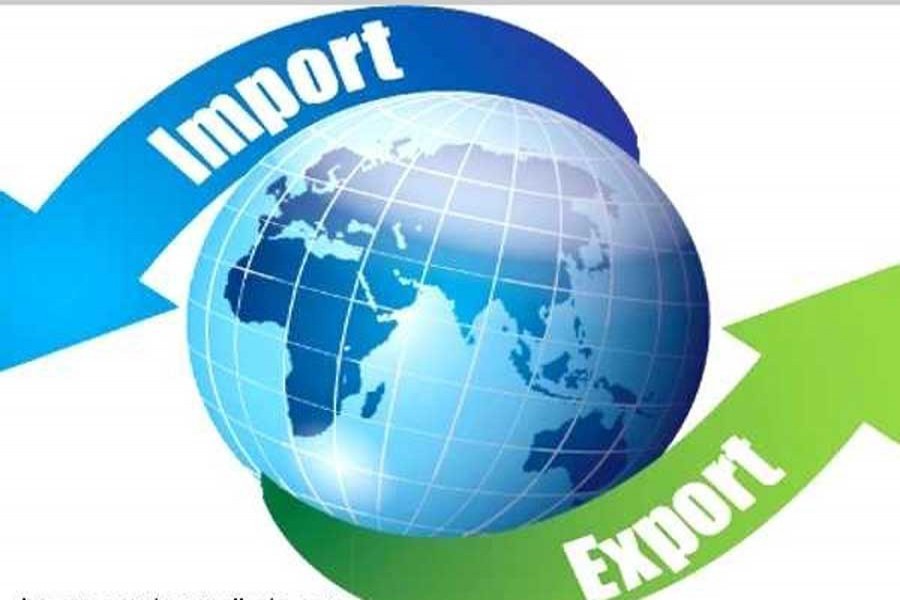The online licensing module (OLM) system for making certain export-import services has yielded little three years into its adoption.
Factors like poor documentation management, lack of skilled IT professionals, traditional mindset and absence of online interfacing have been identified as the major reasons behind this failure.
This was focused in a report on improving service quality of the Office of Chief Controller of Imports and Exports (CCI&E) prepared by commerce ministry.
The report has placed a set of recommendations, including short-, medium- and long-term suggestions, to removing the shortcomings.
Currently, the state entity provides 50 types of services, including export registration certificate, import registration certificate and indenting.
The CCI&E office provides cent percent digital services. Around 50 types of services are being provided online, according to a senior commerce ministry official.
The government introduced the OLM system in July 2019 to ensure digital services for traders. The module was launched on 24 December 2018 on a test-run basis.
The CCI&E office launched the module to provide faster services to clients in order to gear up trade and businesses as well as to curb corruption.
Brokers or third parties cheat the OLM system for lack of a direct link between the service provider and receivers, mutual trust and awareness of the module, highlights the report.
Service receivers also suffer for shorthanded operating manual, service-receiving procedure and required documents creating confusion among them.
Service-seekers visit the office for collecting such information, but application through a third party creates scope for corruption and delays for getting desired services.
The report thereby suggests converting the office into a directorate with a view to providing services at the customers' doorsteps properly.
Working in the same workplace for long often creates problems to deliver properly to service receivers, it says.
The report recommends quick transfer of all officers working in the same office for long to bring dynamism in the state agency.
It emphasises inserting standard operating manual, list of required documents and encouraging customers.
It also seeks to stop receiving fee manually and take a prudent step to receive all fees online within six months.
The CCI&E office should be interfaced with Bangladesh Bank, RJSC, Hi-Tech Park Authority, Department of Textiles, BSCIC, TIN and VAT authority, and Election Commission aiming to reduce inconsistencies in the desired documents, including mobile numbers.
Besides, the OLM system should be integrated with trade bodies, chambers and associations concerned and trade-issuing authority, city corporations, municipalities, union councils and cantonment board.
It has introduced different types of business-friendly initiatives for importers and exporters.
"We're relentlessly working for making registration, renewal of import-export and indenting certificates and other procedure more business-friendly by using modern technologies," an official says.
A CCI&E high official tells the FE that businesses are now getting all the relevant services online.
A service-seeker needs to file an OLM account against his/her company/firm. In such case, no hard copy is required to submit. No third party can enter the process, he says.
When asked, Distinguished Fellow at the Centre for Policy Dialogue (CPD) Prof Mustafizur Rahman suggests that the government adopt a prudent plan of action for making the OLM more effective and service-oriented.
"If the OLM is more service-oriented and effective, it will help the ease of doing business, thus facilitating both export-import trade," the expert says.


